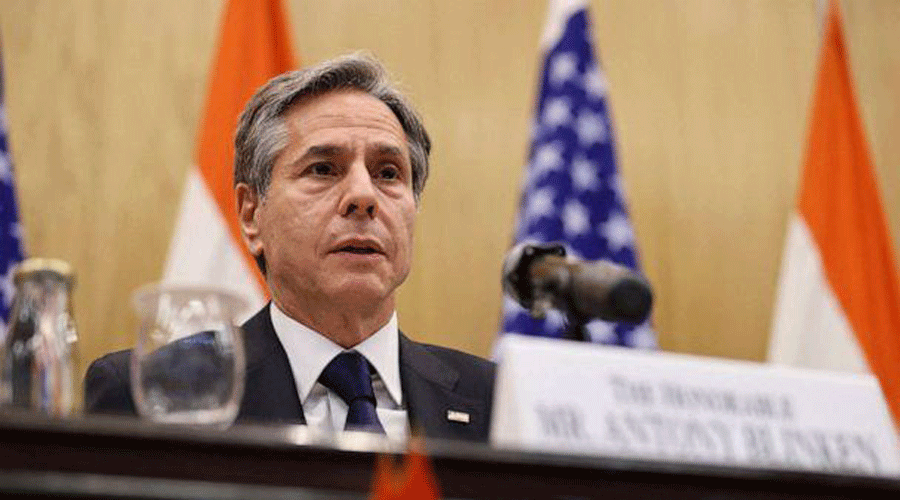President Ferdinand Marcos Jr. of the Philippines and secretary of state Antony J. Blinken said on Saturday that their nations were committed to strengthening their military alliance and that their governments would need to deal with rising tensions in Asia, including those involving China and Taiwan.
Marcos said at the start of a meeting with Blinken in the presidential palace that Speaker Nancy Pelosi’s visit to Taiwan had not, in his opinion, intensified those tensions; rather, it “demonstrated how the intensity of the conflict has been at that level for a good while now, but we sort of got used to the idea and then put it aside”.
Marcos’s comment came as China continued to hold military exercises in the waters near Taiwan, two days after it fired 11 ballistic missiles into the same area, five of them landing in waters that are part of Japan’s exclusive economic zone.
Marcos also spoke of building on the mutual defence arrangement between the US and the Philippines. The two countries are treaty allies, and the US military has long maintained a presence in the Philippines. American officials have been discussing possible greater access to military bases in the country, doing more exercises between the two militaries and making their defence systems more interoperable — part of Washington’s Indo-Pacific strategy.
Marcos talked about the need “to evolve that relationship in the face of all the changes that we have been seeing,” adding that “the MutualDefence Treaty is in constant evolution”. Blinken agreed.“The alliance is strong,” he said, “and, I believe, can grow even stronger.”
Marcos was sworn in at the end of June after being elected the 17th President of the Philippines in a landslide victory. He is the son and namesake of a former dictator who fled to Hawaii with his family in 1986after a peaceful uprising.
New York Times News Service










